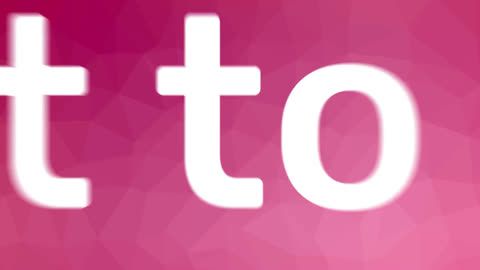The healthcare industry has become increasingly dependent on technology. Billions of patients worldwide depend on medical technology at home, in clinics, and hospitals. This technology is expected to have far-reaching implications in diagnosis, treatment, and medical care. Artificial Intelligence (AI), blockchain technology, and big data analysis affect the medical industry significantly. Here’s how:
Artificial intelligence
Artificial intelligence is the intelligence shown by machines that are similar to (or mimics) the functions of the human brain. AI provides clinical and medical solutions in healthcare from the analysed and stored medical knowledge in the system. Thus, AI improves patient diagnosis and treatment by providing the medical practitioner with the right information at the right time.
Clinically relevant, real-time, quality information from data stored in electronic health records can be accessed easily with the help of AI.
Additionally, AI can improve medical research by identifying relevant data that lies out of reach of traditional search engines and databases. This makes AI invaluable in medical research, as it can reduce the time, effort, and cost involved in the process.
Blockchain Technology
Blockchain technology in the medical field puts the patient at the centre of the healthcare equation. It increases the security, privacy, and interoperability of health data and, therefore, can supercharge medical record-sharing.
Electronic health records eased the sharing of medical records, improving the overall process of patient care, from diagnosis to treatment to outcome. However, due to the personal nature of these records, security has always been a concern. Blockchain technology promises security and efficiency in sharing these records, putting privacy concerns at ease.
The secure nature of the technology can also make drug research easy since people are more likely to participate in clinical trials if the safety of their data is assured. The reduced costs of medical research will allow new companies to bring innovative solutions to the medical field.
Big data analytics
From finance to politics, the analysis of big data has helped many fields. In healthcare, the drug development sector benefits greatly from big data analysis. The analysis and free availability of existing medical data allow new pharmaceuticals to conduct research and bring out innovative drugs and treatments.
The analysis of big data can also improve patient care by predicting the patient’s needs more accurately.
However, the process can be expensive and complicated, requiring an independent team and system to form a correct assessment. A special loan for doctors can meet the cost of setting up this system.
DISCLAIMER:
While care is taken to update the information, products, and services included in or available on our website and related platforms/websites, there may be inadvertent inaccuracies or typographical errors or delays in updating the information. The material contained in this site, and on associated web pages, is for reference and general information purpose and the details mentioned in the respective product/service document shall prevail in case of any inconsistency. Subscribers and users should seek professional advice before acting on the basis of the information contained herein. Please take an informed decision with respect to any product or service after going through the relevant product/service document and applicable terms and conditions. In case any inconsistencies observed, please click on reach us.
*Terms and conditions apply








